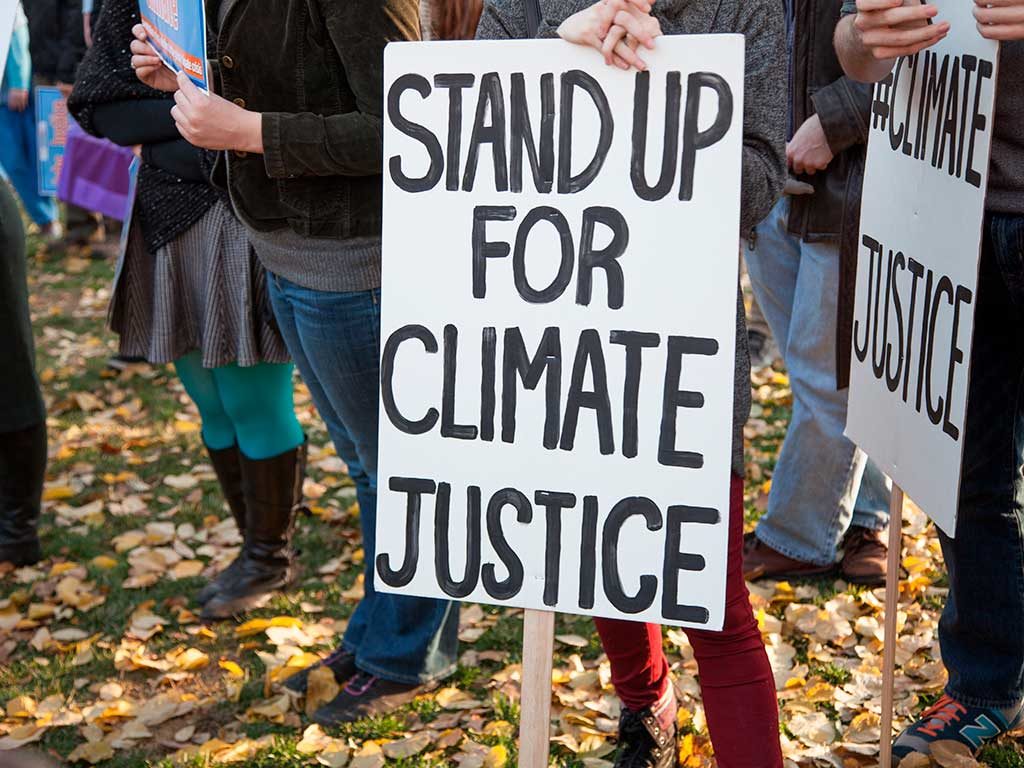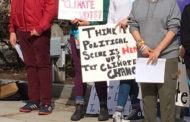
We’re All in this Togehter
Climate Solutions Beyond Your Backyard
Welcome to the inaugural installment of our column on climate change, its effects in Maine, and what we can do about it as common citizens. While the writers of this column don’t aim to pull any punches, nor do we wish to bring errant optimism, we aspire to be positive about how we can avoid the worst-case scenarios and reverse the trends that brought us to this point. We are the first generations to feel the effects of climate change and the last who can do much about it.
We’ve just finished another record-breaking summer. July was the warmest month ever recorded globally. Portland saw its share of oppressive heat, which will be considered cool in a few years unless the global community makes sweeping changes.
Maine’s traditional way of life is threatened in many ways:
Warming waters threaten our lobster industry, just as it threatened and ended our shrimp industry. Traditional agricultural products are imperiled by harsher summers, unpredictable storms and weather fluctuations. Our landscape will change for decades, as melting glaciers make for rising seas that claim more of our coastline. Shorter, milder winters mean less skiing, snowmobiling, and maple-sugar but more tick-borne diseases.
What can we do to change any of this? The common answer is to “go green,” which is a shorthand expression that covers investing in energy efficiency, renewable energy, or anything that reduces the amount of heat trapping gasses we emit into the atmosphere.
This is very important and ultimately necessary, but even if every Mainer could afford solar panels to charge their electric vehicles, our statewide carbon footprint is too small to make much of a dent in the global problem.
Further impeding any progress is the perception that only the wealthy elite or politically progressive have the means or energy to work towards a sustainable future – thus clouding the issue with resentment and partisanship.
Faced with such a bleak prognosis for change, most of us throw up our hands and say it’s too overwhelming.
Don’t despair!
You can be part of finding climate solutions by pushing our national lawmakers to support federal action like the bipartisan “Energy Innovation and Carbon Dividend Act (HR763)” which would have us exceeding our Paris Protocol goals within eight years without new government oversight or expense.
Learn more in next month’s column or visit www.energyinnovationact.org.
– Peter Dugas, Citizens’ Climate Lobby volunteer
The Citizens’ Climate Lobby is a non-profit, nonpartisan grassroots advocacy organization focused on national policies to address climate change.





